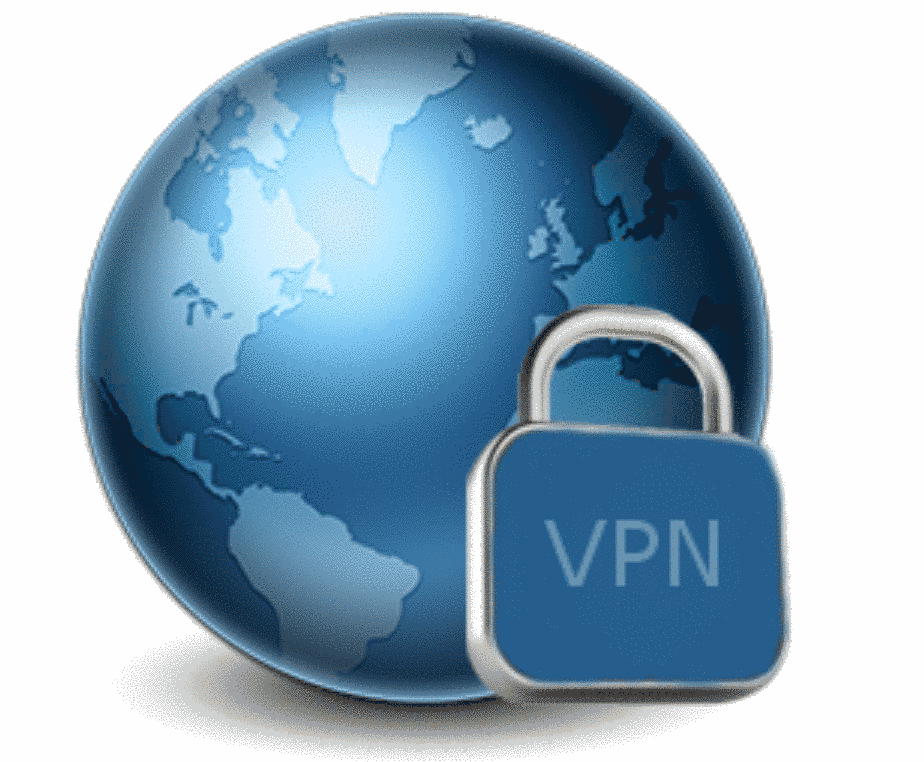Apart from data and information security advantages, VPNs also help organizations and individuals cut down the cost of running their businesses in ways described in this article. A very well maintained, managed and designed virtual private network has the ability of providing individuals, corporate and companies with the following advantages, and aid them save from 30% to 70% of their running cost.
Company requires the infrastructure necessary for remote connection to networks. To do this, they need to use connection lines, which sometimes are long-distance depending on the location of the service providers. The service is definitely expensive, especially where these lines are leased. This however is eliminated by the use of VPNs. Companies and organizations using VPNs only need a short distance connection to an internet service provider (ISP). They then have a variety of connection choices, since what they require is manageable by many service providers. Such connection could be a local leased line, unlike in remote connections where a national, regional or an international connection could be required, that translates to a higher cost. Digital Subscriber Lines (DSL) and local broadband could be other source of the short connection. Elimination of pricey leased lines is a factor enough to push organizations to embrace VPNs and do away with other remote-access methods.

Using VPNs, organizations place a local call into the closest ISP’s post office protocol, hence allowing their remote employees direct access to the corporate local area network. This factor gives a company up to three-fold savings. To start with, as compared to long-distance calls, local internet calls are cheap, manageable and affordable. Secondly, to accommodate their remote employees, companies sometimes have to support toll free calls, which is an expensive endeavor. Thirdly, engagements with international remote employees could be carried out easily, inexpensively and effectively.
To organizations with many international sites, VPN services lower significantly the cost of their communications. For instance, linking a North American headquarters office to a site in Europe is expensive, especially when using the services of a leased line. International sites only pay for dedicated internet access to post office protocol with a VPN built around an internet service provider in countries where there are branch offices. Over other remote access solutions, studies shows that this method could bear a cost saving ranging between 60 and 90%. It is definitely therefore less expensive comparing it to the long- distance leased lines.
Eliminating multiple data lines is another way VPNs make a huge cost saving. Some companies and organizations use more than one line. One line for data and the other one for internet access. This obviously is an expensive expenditure. With VPN however, the organizations could do away with the data lines, directing that traffic to the internet access line.
The other way that VPNs reduce company expenses is through the equipment costs. Depending on the type of VPN an organization is using, the cost is cheaper, and in fact, it decreases with the type of VPN; since the cost of maintaining software VPN is not the same as cost of maintaining hardware VPN.
ISPs gives tips of remote access maintenance, which in one way or the other reduces an organization’s expenditures on hired expertise. Additionally, the ISP takes care of the remote access, thereby offloading the support burden.
























